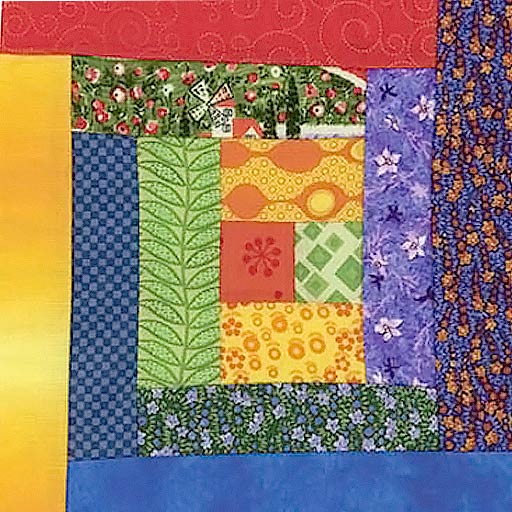Q: How do I make provisions for the settlement of all outward affairs, so that others may not be burdened and so that I may be freed to live more fully in the truth? The Advices, PYM Faith and Practice
Most Friends have some awareness of the Testimonies and how central they are to the Religious Society of Friends, since they take the place of a creedal statement. With the introduction of the mnemonic ‘SPICES’ to help young people remember the Testimonies, an increasing number of adult Friends can name each of the Testimonies as well: Simplicity, Peace, Integrity, Community, Equality, and Stewardship. Sometimes lagging, however, is the ready application of the Testimonies to everyday situations and decision making.
This is particularly true of end-of-life decision making. Too often Friends make those decisions in the context of the surrounding culture, rather than use the Testimonies as a context and guide to making decisions in the manner of Friends.
Simplicity guides Friends in the choice of burial arrangements, how the Memorial Meeting is conducted, and any reception afterwards. It also guides Friends to make decisions ahead of time, pre-planning and, perhaps, pre-paying.
Peace for some Friends means having their wishes clearly stated in advance directives and wills to keep family members from arguing over their care or about distribution of the estate. The Testimony of Peace invites Friends to make peace, to forgive and ask for forgiveness of any and all. To say, “I’m sorry, please forgive me, thank you, I love you,” is the greatest gift that can be bestowed on those left behind.
Integrity speaks of honesty and truth telling, having one’s affairs in order, living a life that is of a piece. Integrity calls Friends to an honest assessment of their medical situation and speaking of it truthfully to all. Integrity means honestly facing one’s diminishments and need for care; accepting that the feeling of being independent and in control may come to an end, for, in truth, people are never as independent and in control as they imagine.
Community reminds Friends that they are part of a worshiping community and as such, they have a responsibility to offer help and support to each other when there is a need, whether that is listening, driving, or praying. Community also recognizes the requirement to accept the gifts of care, help, and support offered by the worshiping community. It is in this mutuality of giving and receiving that we act on our testimony of community.
Equality calls Friends to be fair in their dealings with family, not treating anyone as a “favorite.” It can also invite consideration of “Jubilee,” that is, restoring justice, making amends in either a personal or a global sense.
Stewardship is the newest Testimony and not named by all Yearly Meetings. Stewardship reminds Friends that we have borrowed the earth from future generations. That understanding might impact decisions about embalming, preparation of the body, and choice of burying grounds. Reflection on the requirements of Stewardship should also prompt Friends to have their affairs in order.
“Help me to loosen, fiber by fiber, the instinctive strings that bind me to the life I know. Infuse me with Thy spirit so that it is Thee I turn to, not the old ropes of habit and thought. Make me poised and free, ready when the intimation comes to go forward eagerly and joyfully , into the new phase of life that we call death…
…Give me joy in awaiting the great change that comes after this life of many changes, let myself be merged in Thy Self as a candle’s wavering light is caught up into the sun.”
Elizabeth Gray Vining, 1978, from PYM Faith and Practice, 2002
Download this article in pamphlet form
LINKS TO MORE INFORMATION: Click on the blue text below to be directed to outside websites that offer additional information on this topic. Articles from this site will open in the same browser window/tab. Articles from other websites will open in a new window; when you are done, simply click out of that window and you will be back on this site.
More articles on this website:
Advance Directives
Green Burial and Other Options
Hospice Care
Slow Medicine
Other Articles/Links:
Minute from Northern Yearly Meeting on Preparing for the End of Life
Sources/Further Reading:
Kirsten Backstrom, In Beauty, A Quaker Approach to End of Life Care, Pendle Hill Pamphlet 355, 2010, Pendle Hill, Wallingford, PA.
Denys Cope, RN, BSN, Dying: A Natural Passage, 2008, Three Whales Publishing, Santa Fe, NM.
Hank Dunn, Hard Choices, Fifth Edition 2009, A&A Publishers, Inc., Lansdown, VA or order online.
Lucy Schreechfield McIver, Song of Death, Our Spiritual Birth, A Quaker Way of Dying, Pendle Hill Pamphlet, Pendle Hill, Wallingford, PA.

